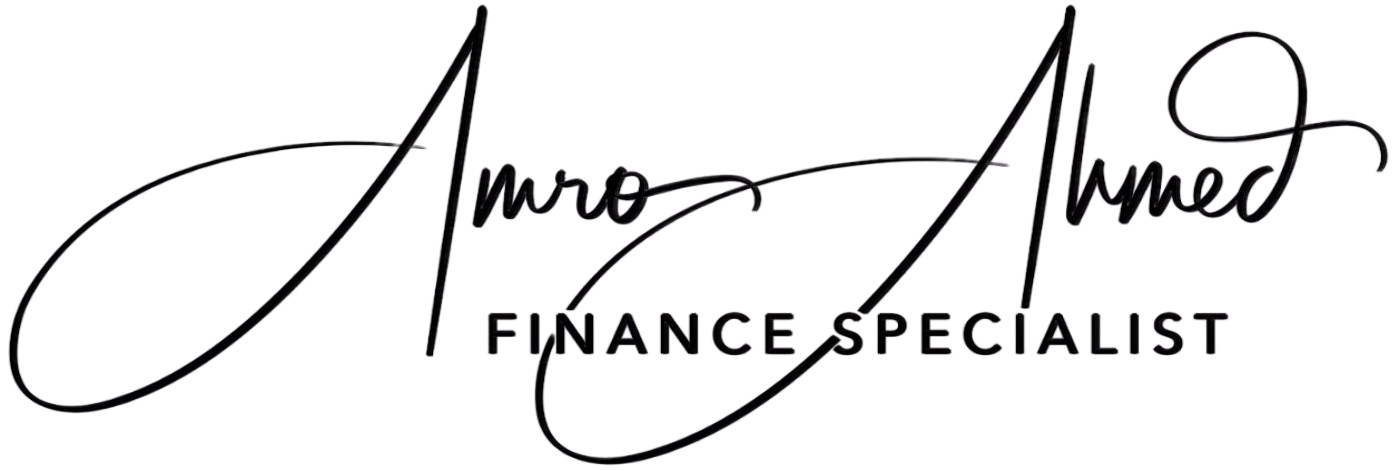How the Wealthy Legally Eliminate Taxes
How the Wealthy Legally Eliminate Taxes—And You Can Too
When it comes to taxes, the wealthy play by a different set of rules—and they’re perfectly legal. While the average person follows the traditional path of earning income, paying taxes, and saving what's left, the wealthy flip the formula:they earn, protect, grow, and often pay little to no tax on their wealth.
The good news? You don’t need millions in the bank to start using the same strategies. Here’s how high-net-worth individuals legally reduce or eliminate taxes—and how you can too.
1. They Don’t Rely on Taxable Retirement Accounts
Most people are taught to save through a 401(k) or IRA. The problem? Those accounts are tax-deferred—not tax-free. You get a deduction now, but you’ll pay taxes later... when you start withdrawing money, potentially at higher tax rates.
The wealthy rarely rely on traditional retirement accounts because they understand one key truth:
tax rates can go up, but they have no control over when or how much.
Instead, they focus on tax-free vehicles like:
TFRA - Tax Free Retirement Account
Roth IRAs (when eligible)
Municipal bonds
2. They Turn Ordinary Income Into Passive or Tax-Advantaged Income
The IRS taxes income differently depending on how it’s earned:
W-2 income is taxed the most
Capital gains and
dividends often get lower rates
Life insurance loans and some
real estate strategies offer tax-free access
The wealthy structure their income to come from sources that are either lightly taxed—or not taxed at all.
3. They Work with Financial Professionals—Not Just Accountants
CPAs help you
file your taxes, but tax strategists help you
avoid them legally. The wealthy don’t just file and forget—they build a plan with professionals who understand how to:
Minimize lifetime tax exposure
Use Tax Free Plans for income and protection
Create generational wealth
Here’s the Bottom Line
Tax freedom isn’t just for billionaires. With the right tools and guidance, you can:
✅ Grow your wealth
✅ Keep more of what you earn
✅ Reduce or eliminate taxes in retirement
✅ Leave a legacy—not a tax bill
Ready to Start Playing the Tax Game Like the Wealthy?
If you're tired of watching your hard-earned money go to taxes and want to learn how to
build tax-free retirement income, protect your assets, and create a smarter financial future, let’s talk.
I’ll show you how strategies
TFRA - Tax Free Retirement Account and smart tax planning can help you build a retirement that feels wealthy—without waiting to hit the lottery.


